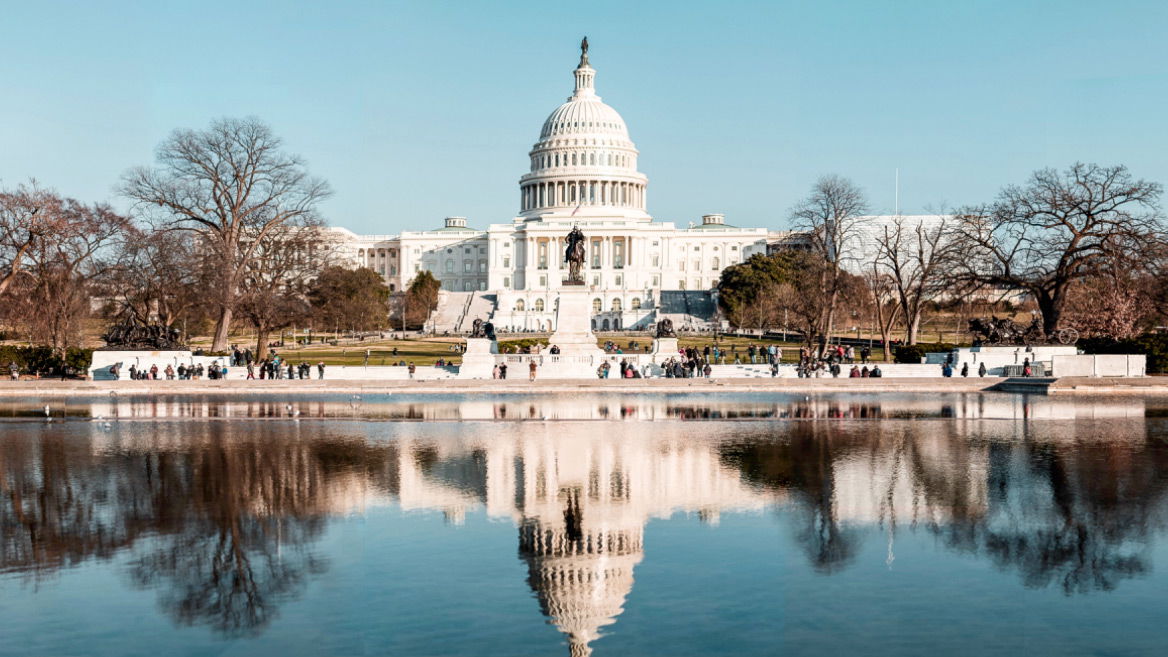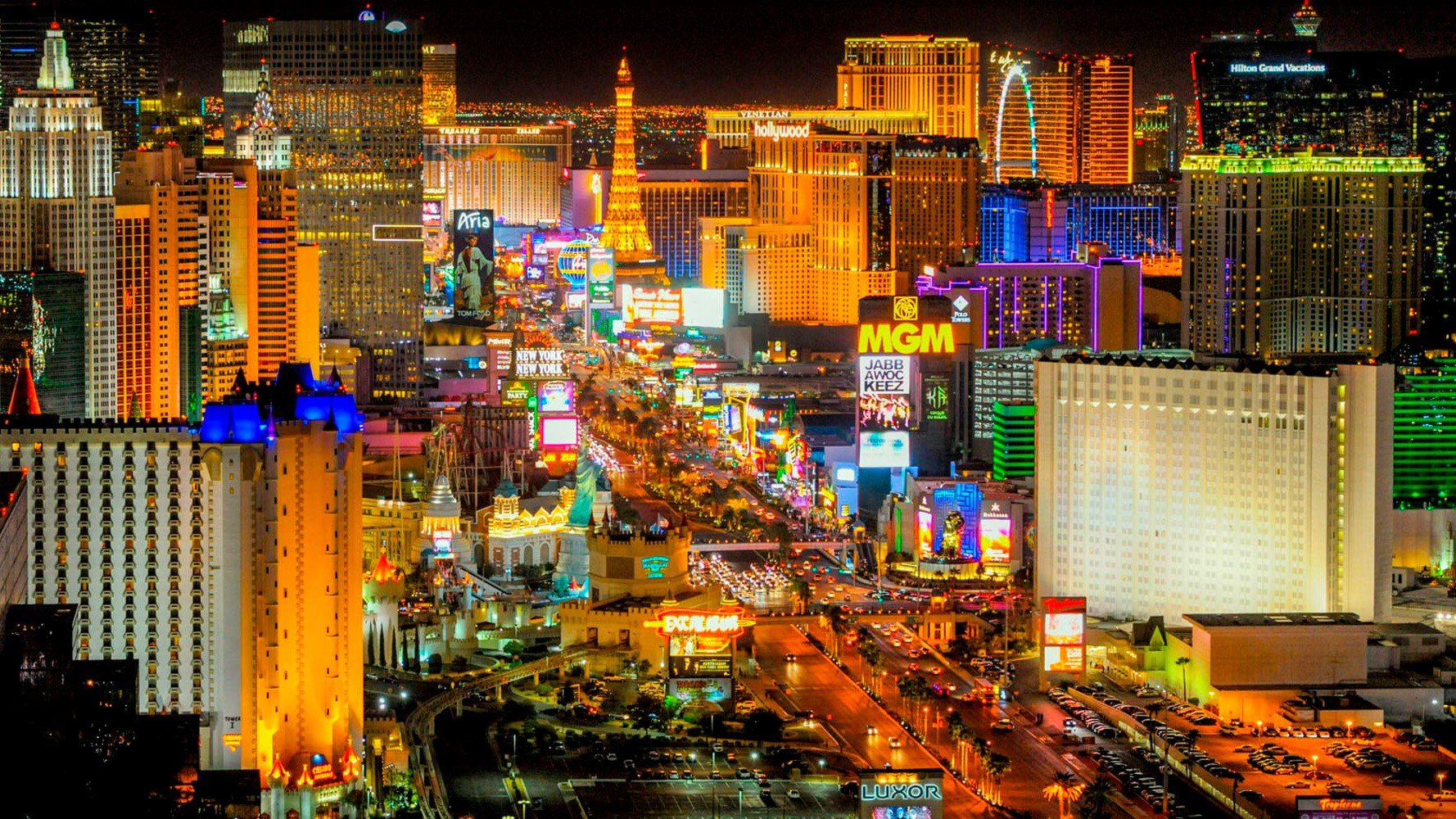2025 Outlook: Are sweepstakes casinos a trend, a loophole, or the future of online gaming?

Online sweepstakes casinos have existed for more than a decade, but their rise in popularity has been more significant recently. Estimates suggest that revenue from these sites has risen from $3.1 billion in 2022 to an anticipated $6.9 billion in 2025.
This industry growth is partly due to the social nature of the platforms, which allow players to participate in casino-style gaming without spending any money. The boom in social casinos is also the result of an unregulated industry that is not subject to the same restrictions as traditional online casinos. So, is the rise of sweepstakes casinos a trend that will continue or a temporary loophole that could be closed in the future?
The answer to this question cannot be definitive due to the number of variables in play. However, further exploration of the subject can reveal the potential paths the industry could take in the future.
How do sweepstakes platforms operate?
Understanding how sweepstakes casinos operate helps us to see why their popularity is growing and why they are not subject to the same regulations as traditional online casinos.
These sites allow players to enjoy casino games, like slots, jackpots, table games, and live casino games, without spending any real money. They provide users with the opportunity to acquire two virtual currencies. These currencies are most often, but not always, referred to as gold coins and sweepstakes coins.
Gold coins must be available free of charge, and additional packs can be purchased. Gold coins can be used to play the games, with no prizes or rewards available. Sweepstakes coins cannot be bought but can be acquired by participating in bonuses and promotions or as free additions to purchased gold coin packages.
Site users can play games using sweepstakes coins and win more sweepstakes coins. Once they have a certain amount of sweepstakes coins won by participating in the games, they can redeem them for rewards, such as cash or gift cards.
This system means that players cannot win real cash directly from playing the games at a sweepstakes site. However, by participating in these games, they can acquire sweepstakes coins that can be redeemed for rewards.
The legal position of sweepstakes platforms
Washington, Michigan, and Montana are the only states that currently prohibit sweepstakes casinos. In Idaho, people can use sweepstakes sites but cannot redeem coins for real cash. In New York and Florida, the biggest prize players can redeem at a sweepstakes site is $5,000.
In addition, many sweepstakes casinos choose to operate in Alabama, West Virginia, Maryland, Nevada, and Kentucky. They take this approach to avoid scrutiny from authorities that may be looking at ways to restrict their operations.
Louisiana recently seemed on the way to restricting sweepstakes platform operations. Senate Bill 181 passed through both chambers of the legislature, but Governor Jeff Landry vetoed it.
Landry said,
“This bill attempts to criminalize certain secondary gambling activities on the Internet that are already prohibited in Louisiana…”
He continued,
“Our current Louisiana Gaming Control Board (LGCB) has the regulatory authority, control and jurisdiction over all aspects of gaming activities and operations pursuant to the Louisiana Gaming Control Law.”
The Governor referenced the cease and desist letter that the LGCB sent to Bovada to reinforce his position. It’s worth mentioning that Bovada is an offshore online casino rather than a sweepstakes platform, and the LGCB has not taken any action against sweepstakes casinos at this point.
In New York, Assembly Bill 6745 was introduced by Assembly member Carrie Woerner and approved by the Assembly Racing and Wagering Committee. The bill aims to ban online sweepstakes games that allow players to use the virtual currencies available on sweepstakes platforms to redeem winnings in cash or alternatives.
It’s clear that sweepstakes casinos are polarising. The evidence of this is the diverse approaches of states like New York that are looking to ban sweepstakes sites and New Jersey, which is likely to become the first state to regulate its sweepstakes market.
While sweepstakes casinos are clearly illegal in Washington, Michigan, and Montana, with New York looking to join them, and may soon be fully regulated and legitimate in New Jersey, the legal position across the rest of the US is more of a gray area.
According to the Unlawful Internet Gambling Enforcement Act (UIGEA) of 2006, sweepstakes casinos are exempt from the rules surrounding online casinos, as long as the following apply;
- No purchase is necessary to play.
- Something of value is offered as a prize for participating in sweepstakes competitions.
- Winners are selected randomly.
- A free Alternative Method of Entry (AMOE) exists.
Magnus Boberg, Founder of JustGamblers, experts on Sweepstakes platforms, expands on this situation;
“Traditional gambling requires three elements: consideration (payment), chance, and prize. Sweepstakes sites do not require payment, so they bypass regulations that apply to traditional online gambling.”
This means that sweepstakes casinos operate within a gray area that exists in all states where they are not prohibited.
An expanding market
Given the heavily regulated markets that prohibit online casinos in all but seven states, it’s not surprising that unregulated sweepstakes platforms are growing in popularity. They allow players to enjoy online games that may otherwise be prohibited in their location.
There has been 28% year-on-year growth in a billion-dollar market since 2023. 58% of sweepstakes casino users are aged 25-44, and average revenue per user has increased by 17% annually since 2020.
Given the expansion of the sweepstakes casino market, the future for the industry may seem positive. However, the overall picture is more complex than that.
What is the future for sweepstakes platforms?
In the current regulatory landscape, some lawmakers see the sweepstake platform boom as operators using a legal loophole. In states like New York, steps are being taken to close this perceived loophole by making sweepstakes casinos illegal. If a significant number of states follow suit, the sweepstakes industry would be adversely impacted.
If lawmakers look to other countries for an example of how to deal with the sweepstakes industry, the prohibition of sweepstakes casinos is more likely. For example:
- The UK has a strict regulatory framework concerning free-to-play models.
- In Japan, a similar “Kompu Gacha” model was interrupted by regulatory intervention in 2012.
- In Australia, the Interactive Gambling Act targets services that attempt to avoid gambling regulations due to technicalities.
It's also possible that states will follow the lead of New Jersey in looking to embrace and regulate the sweepstakes industry. The regulation of iGaming in seven states resulted in a total gross gaming revenue of $115 billion in 2024. So, states may consider creating a licensing framework, taxation practices, and responsible gaming measures worthwhile.
It’s not just regulatory measures that represent a threat to the sweepstakes market in the US. The industry is also involved in a battle with the American Gaming Association (AGA), which represents the country’s gambling industry. The AGA sees sweepstakes sites as undermining the legal gambling industry.
In 2024, the AGA estimated that unregulated operators took $109 billion in bets. This represented a loss of $17.3 billion in revenue for the regulated gambling industry. It’s worth mentioning that many of these unregulated operators are involved with offshore online casinos, not sweepstakes platforms. However, the AGA perceives sweepstakes platforms as a threat to its revenues and is pressuring state legislatures to take measures to regulate or prohibit them.
In February 2025, AGA President and CEO Bill Miller said, about unregulated operators;
“These illegal operations exploit consumer confusion and threaten to undermine the public trust we have built over many years.”
It’s clear that several factors will shape the future of sweepstakes casinos in the US. Increased player interest is positive and will likely prompt further growth in the market in the immediate future. However, decisions by state lawmakers and pressure from the AGA could stifle this growth further into the future, depending on which way states decide to go with regulation.
What does the current and evolving legal landscape and market mean overall?
We return to the initial question about whether sweepstakes casinos are a loophole, trend, or the future of online gaming. It’s undoubtedly true that these casinos currently operate in a gray area in most states. This is seen as a loophole by lawmakers in states like New York, where steps are being taken to close the perceived loophole by prohibiting sweepstakes sites.
Others do not buy into the loophole description, seeing sweepstakes operators as providing a fair and free experience for players, which is separate from online casinos, and could raise vital state funds in a regulated market.
There is no doubt that sweepstakes casinos are a trend right now. Whether that trend turns them into the future of online gaming is less certain. Changes to the regulatory landscape and challenges from lawmakers and the AGA could interrupt the growth of the sweepstakes casino market. Analyzing the effects in 2026 and beyond will clarify the impact these challenges have. Only then will have a better understanding of whether sweepstakes casinos are the future of online gaming.
















